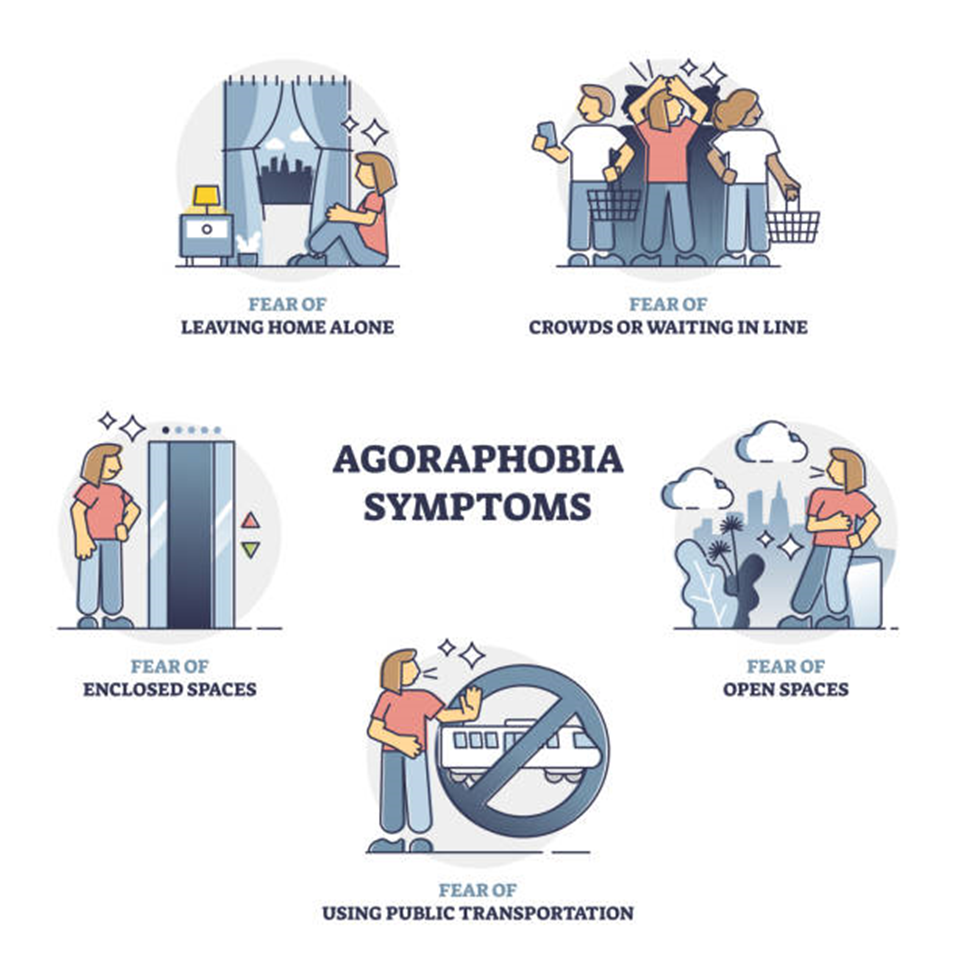A client diagnosed with bulimia nervosa has been attending a mental health clinic for several months. Which factor should the nurse identify as an appropriate indicator of a positive client behavioral change?
The client focuses conversations on nutritious food.
The client gains 2 pounds in 1 week.
The client demonstrates healthy coping mechanisms that decrease anxiety.
The client verbalizes an understanding of the etiology of the disorder.
The Correct Answer is C
Choice A reason: Focusing conversations on nutritious food can be positive, but it does not directly indicate a change in behavior related to bulimia nervosa.
Choice B reason: Gaining weight may be a positive sign, but it is not sufficient on its own to indicate a behavioral change, as weight can fluctuate for various reasons.
Choice C reason: Demonstrating healthy coping mechanisms that decrease anxiety is a strong indicator of positive behavioral change in a client with bulimia nervosa, as it suggests the client is developing strategies to manage the disorder.
Choice D reason: While verbalizing an understanding of the disorder's etiology is beneficial, it does not necessarily reflect a change in behavior.
Nursing Test Bank
Naxlex Comprehensive Predictor Exams
Related Questions
Correct Answer is C
Explanation
Choice A reason: Acrophobia is the fear of heights, which is not indicated by the client's fear of being outdoors alone.
Choice B reason: Xenophobia is the fear of strangers or foreigners, which does not align with the client's described fear.
Choice C reason: Agoraphobia is the fear of open spaces or being in crowded, public places like markets. It also includes the fear of leaving a safe place, such as home, which aligns with the client's symptoms.

Choice D reason: Mysophobia is the fear of germs, which is not related to the fear of being outdoors alone.
Correct Answer is ["B","C"]
Explanation
Choice A reason: While having a large number of pets can be a sign of hoarding, it is not necessarily a concern unless it negatively impacts the living conditions.
Choice B reason: Becoming angry and upset when attempting to remove items is a common reaction in individuals who hoard, indicating an emotional attachment to possessions.
Choice C reason: Inability to enter rooms due to clutter is a clear sign of hoarding, as it indicates that the accumulation of items has significantly interfered with the intended use of living spaces.
Choice D reason: Obsessive cleaning of the same areas may indicate a different issue, such as obsessive-compulsive disorder, rather than hoarding.
Choice E reason: Throwing away items deemed "unnecessary" is not typically associated with hoarding behavior, as hoarding involves difficulty parting with items.
Whether you are a student looking to ace your exams or a practicing nurse seeking to enhance your expertise , our nursing education contents will empower you with the confidence and competence to make a difference in the lives of patients and become a respected leader in the healthcare field.
Visit Naxlex, invest in your future and unlock endless possibilities with our unparalleled nursing education contents today
Report Wrong Answer on the Current Question
Do you disagree with the answer? If yes, what is your expected answer? Explain.
Kindly be descriptive with the issue you are facing.
